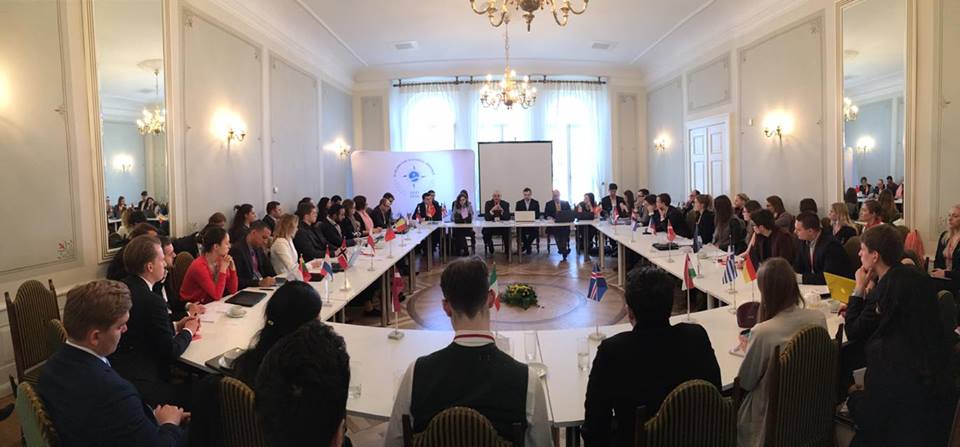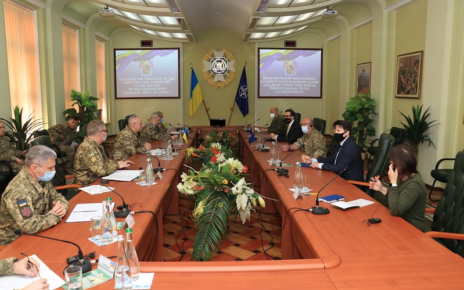One might reasonably assume that Canadian electoral politics is an entirely domestic affair; after all, foreign donations to Canadian political parties are illegal. However, nearly all of the mainstream parties in Canada are affiliated with parties from other countries through international organizations. Though somewhat limited, these affiliations link like-minded parties from around the world, bringing them together several times annually to discuss issues of international importance. Despite their size and influence, these international organizations are rarely discussed.
The Conservative Party of Canada is affiliated with three international organizations: the International Democrat Union, the Asia Pacific Democrat Union and the Alliance of European Conservatives and Reformists. The International Democrat Union (IDU), headquartered in Oslo, is a centre-right international alliance of conservative, Christian democratic parties. Fellow members include the Liberal P- lucrative meanarty of Australia, Germany’s Christian Democratic Union, France’s Union for a Popular Movement and the Republican Party in the US. The IDU provides a forum for these parties and 49 others to build relationships, discuss policy, and advance centre-right ideologies around the globe. Similarly, the Asia Pacific Democrat Union is comprised of a subset of member parties to the IDU, while the Alliance of European Conservatives is a fairly new organization of centre-right Eurosceptic parties with fifteen members in twelve countries.
The Liberal Party of Canada is a member of Liberal International (LI). Headquartered in London, LI has become the pre-eminent organization for liberal parties and for the promotion of liberalism around the world. Fellow members include Russia’s Yabloko Party, Sweden’s Liberal People’s Party, and the Centre Party and Liberal Democrats of the UK.
Many argue that the international affiliations of the New Democratic Party of Canada are the most numerous. The NDP is a member of Socialist International (SI), a worldwide association of democratic socialist, social democratic, and labour political parties that seeks to promote democratic socialism. Formed in 1951, SI has grown to include over 160 member parties from more than 100 countries, most of which have governed at some point. Some of these members include the Australian Labour Party, the now-dissolved National Democratic Party of Egypt, the Socialist Party of France, the Patriotic Union of Kurdistan, the Social Democratic Party of Germany, the Labour Party of Ireland, and the Labour Party of the UK. Though it is difficult to compete with the IDU, whose members form the governments of three of the G8 nations, SI’s sheer size and widespread support make it a considerable international force.
What does it mean to be a member of one of these organizations? In most cases, it means attending councils, congresses and summits to discuss and reaffirm various visions for economic growth, development, peace, and security. Discussions are usually broken up into themes and delegates are usually invited to sit on various committees. Often, party leaders are invited to address the delegations; for example, in 2009, former Liberal leader Michael Ignatieff addressed Liberal International at a summit in London, touching on topics such as US-style partisanship and the global economic crisis.
In short, these summits are less of a forum for concrete deal making and more of an opportunity to network, share, and learn. Most Canadian political leaders do not actually attend the annual summits put on by the organizations of which they are a member. In addition, discussions of these organizations in Canadian media are few and far between. Regardless, the affiliation of Canadian political parties with international organizations demonstrates that the line between international and domestic politics can be blurrier than one might assume.





